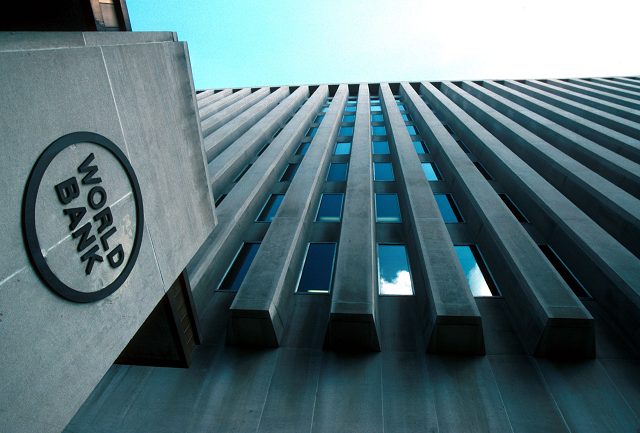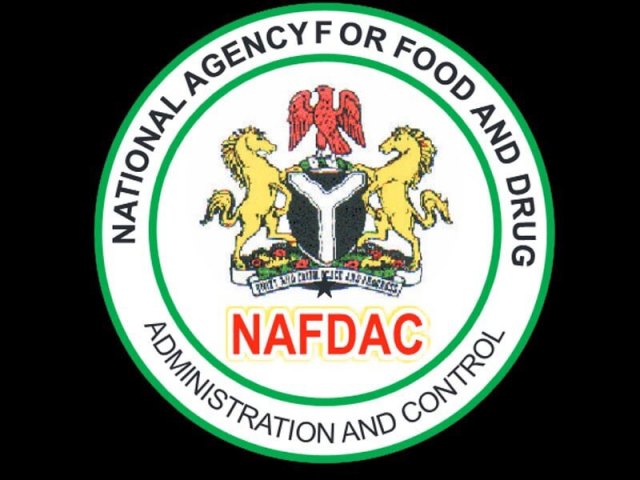The Board of Directors of World Bank said it has approved $400 million credit additional financing for the Nigerian government to accelerate COVID-19 vaccinations.
With the fund, Nigeria will be able to procure affordable COVID-19 vaccines for 18 percent, or about 40 million of Nigeria’s population and support effective vaccine deployment to 50 percent or about 110 million Nigerians.
The World Bank made this known in a statement issued on Friday.
It said the fund will be provided by the International Development Association (IDA) as part of the COVID-19 Preparedness and Response Project.
The bank added that the additional financing would allow Nigeria to purchase and deploy COVID-19 vaccines, strengthen relevant health systems that are necessary for a successful deployment and prepare for future health emergencies.
The statement read, “Critically, it will permit the acquisition of vaccines to support Nigeria’s objective of having access to vaccines under the right conditions of value-for-money, regulatory approvals, and delivery time, among other important features.
“This will ensure that the government meets its plans to vaccinate 51 per cent of its population in two years.”
READ ALSO: NIMC Database Offers Information For Law Enforcement Agencies – Aziz
The World Bank Country Director for Nigeria, Mr Shubham Chaudhuri, said as the Nigerian government continues to tackle the effect of a third wave of the pandemic, it was crucial to continue to vaccinate citizens in addition to the use of non-pharmaceutical interventions.
“This additional funding would ensure that the Nigerian government has the necessary financial resources to keep its vaccination drive going. This would mean that Nigerians will have increased access to the COVID-19 vaccination,” he added.
Also, the World Bank Task Team Leader for the project, Mr Ayodeji Ajiboye, said recognising that there was currently an excess in demand for vaccines from both high-income and lower-income countries, the additional funds would let Nigeria acquire the vaccine at the earliest.
He said it would strengthen the capacity of all states and the Federal Capital Territory to deploy the vaccines.
He said, “It will also strengthen the country’s health system interventions, such as enhancing health-emergency response capacity of health workers, cold chain equipment, disease surveillance, data management and use, and laboratory testing for the long-term.”













